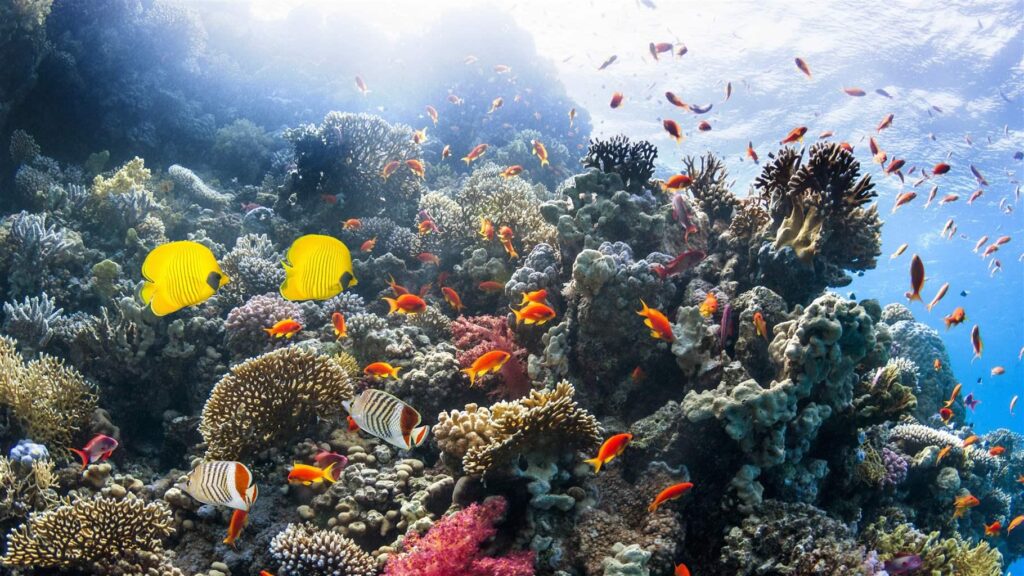Coral reefs are crucial ecosystems with high biodiversity and significant value to marine life and humans. However, they are under threat from climate change, overfishing, pollution, and coastal development. Conservation efforts, including marine protected areas and sustainable fisheries management, are essential to preserving coral reefs and the benefits they provide. Individuals can help by supporting conservation organizations, reducing carbon footprint, choosing sustainable seafood, and being responsible tourists. By taking action to protect coral reefs, we can ensure the survival of these important ecosystems for future generations.
Beneath the Waves: The Importance of Coral Reef Conservation for Marine Biodiversity
Introduction
Coral reefs are often called the “rainforests of the sea” due to their incredible biodiversity and importance to marine ecosystems. These vibrant underwater ecosystems are home to a multitude of plant and animal species, many of which are found nowhere else on Earth. Coral reefs also provide essential services to humans, such as coastal protection, food security, and income from fisheries and tourism.
The Threats to Coral Reefs
Despite their immense ecological and economic value, coral reefs are facing unprecedented threats from human activities. Climate change, overfishing, pollution, and coastal development are all taking their toll on these delicate ecosystems. The warming of the oceans due to climate change is causing widespread coral bleaching, where corals lose their vibrant colors and crucial symbiotic algae, leading to their death.
The Importance of Coral Reef Conservation
Conserving coral reefs is essential for maintaining marine biodiversity and the many benefits they provide to both ecosystems and human communities. Healthy coral reefs support a wide variety of marine life, from tiny fish and invertebrates to large predators like sharks and rays. They also act as nurseries for many commercial fish species, helping to support local fisheries and food security.
Conservation Efforts
Fortunately, there are many organizations and individuals working tirelessly to protect and restore coral reefs around the world. Conservation efforts include the establishment of marine protected areas, sustainable fisheries management, and the development of reef restoration techniques. Community engagement and education are also crucial in raising awareness about the importance of coral reef conservation.
What You Can Do to Help
There are several ways that individuals can contribute to coral reef conservation, even if you don’t live near the ocean. Supporting organizations that work to protect coral reefs, reducing your carbon footprint to combat climate change, and choosing sustainable seafood options can all make a difference. Additionally, being a responsible tourist when visiting coral reef destinations can help minimize the impact of tourism on these fragile ecosystems.
Conclusion
Coral reefs are invaluable ecosystems that support a diverse array of marine life and provide essential services to human communities. By recognizing the threats facing coral reefs and taking action to protect and conserve them, we can ensure that these vibrant underwater worlds continue to thrive for generations to come.
